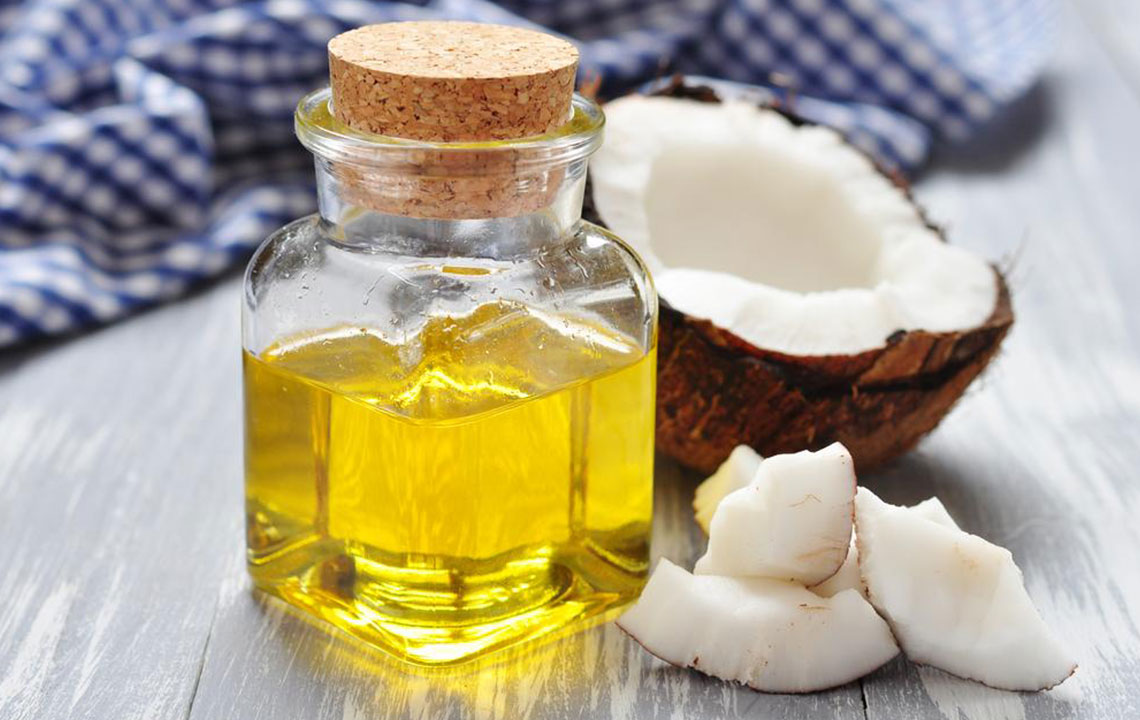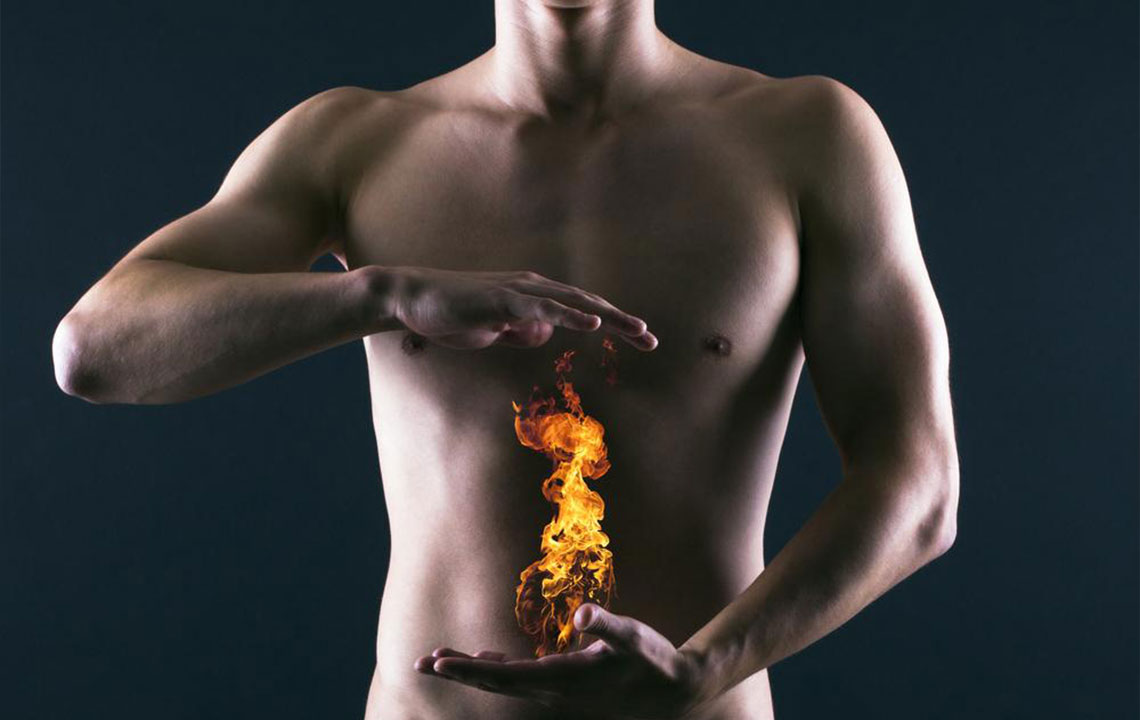Essential Insights into Managing and Alleviating Heartburn
This comprehensive guide explores effective methods to manage and prevent heartburn. It covers causes, triggers, dietary tips, lifestyle adjustments, nighttime relief strategies, and medical treatments, helping readers understand how to reduce symptoms and improve digestive comfort naturally and with medical support.
Sponsored

Do you often experience a burning sensation or chest discomfort after consuming rich, greasy foods? If so, you might be dealing with heartburn, a common digestive issue. Some individuals experience occasional episodes, while others face frequent discomfort. Known also as acid indigestion, it causes a burning feeling in the upper stomach or mid-chest area, sometimes radiating to your neck, jaw, or arms. The symptoms can last from minutes to several hours, impacting daily life.
Understanding what triggers heartburn is key to prevention and relief.
Primary Cause
The lower esophageal sphincter (LES) acts as a gate between your esophagus and stomach. When functioning properly, it opens to allow food in and closes to prevent stomach acids from refluxing. If the LES weakens or relaxes excessively, acid can escape into the esophagus, causing the familiar burning sensation.
Common Triggers
Triggers vary among individuals but often include overeating, stress, poor post-meal posture, and consuming fatty, spicy, or greasy foods. Certain groups, like pregnant women, smokers, those with obesity, or hiatal hernia patients, are more prone to heartburn.
Dietary Adjustments for Relief
Avoid foods and drinks known to provoke symptoms, such as coffee, onions, alcohol, chocolate, fried foods, tomatoes, citrus fruits, peppermint, and carbonated beverages. Eating smaller, more frequent meals instead of large ones can also reduce pressure on the stomach and decrease reflux episodes.
Additional Strategies for Heartburn Management
Weight loss can significantly lessen heartburn frequency by reducing pressure on the stomach. Wearing loose clothing avoids unnecessary constriction. If you smoke, quitting is crucial as nicotine relaxes the LES and increases acid production. Certain medications like pain relievers or anti-inflammatory drugs can worsen symptoms, so consult your doctor about alternatives. High-impact exercises may aggravate reflux and should be approached cautiously during symptomatic periods.
Managing Nighttime Heartburn
If heartburn occurs at night, opt for light dinners and avoid trigger foods. Avoid lying flat immediately after eating; wait at least 2-3 hours before lying down. Elevate your head on blocks or use foam wedges to sleep at an incline, helping prevent acid reflux during sleep.
Exercise Tips for Heartburn Prevention
Regular exercise aids weight management and reduces heartburn risk. However, avoid high-impact activities like crunches or inverted yoga poses that may aggravate symptoms. Instead, choose low-impact activities such as walking, swimming, or cycling to stay active safely.
If lifestyle and dietary changes don’t provide relief, consult a healthcare professional. Treatments may include antacids for mild cases or stronger medications like proton pump inhibitors and H2 blockers for persistent issues. In rare severe cases, surgical options like repairing the LES via laparoscope can be considered.






